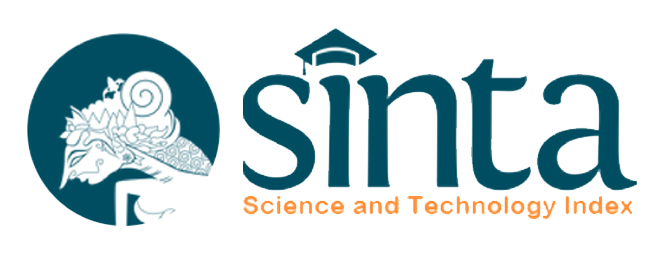Potensi Ekstrak Tumbuhan Sebagai Pengawet Produk Pangan
Abstract
Nowadays, the use of natural antimicrobials such as plants extracts to preserve food get much attention of the researchers. This is related to the increasing of public concern over synthetic chemical food preservatives. Various types of plants had been declared can produce extracts that effectively inhibited the growth of food-contaminating microbes, such as methanol and ethanol extracts of bark Saccoglottis gabonensis, effectively inhibited the growth of Leuconostoc mesenteroides and Lactobacillus plantarum; extracts of onion and red pepper inhibited Candida crucei and Candida utilis; ethanol and water extracts of Eugenia Jambos had antimicrobial properties against bacteria such as Staphylococcus aureus, Yersenia enterocolitica, Staphylococcus hominis, Staphylococcus cohnii, Staphylococcus warneri; Picung seed extract (Pagium edule) inhibited the growth of Staphylococcus aureus; and ethanol extract of Salvia pratensis leaves inhibited Escherichia coli, Bacillus cereus and Saccharomyces cerevisiae. Extraction of antimicrobial compounds from plant material could be done by using different types of solvents. Among the various types of solvents, ethanol and methanol solvents are most commonly used.
Keyword: antimicrobial, plant extract, food preservative







